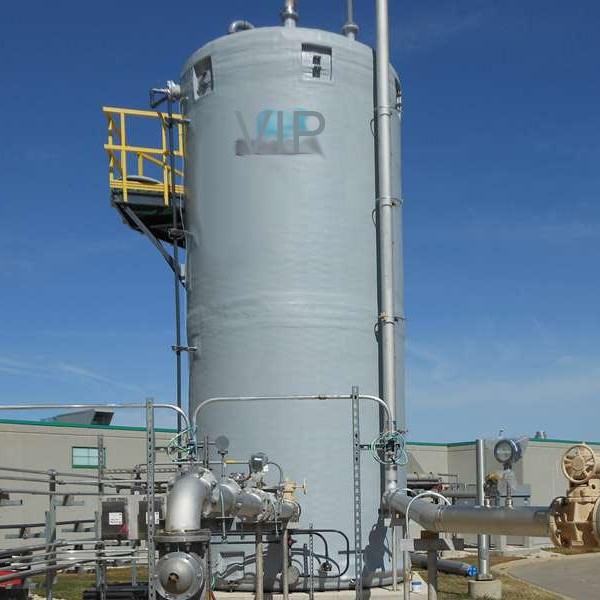
-
 Afrikaans
Afrikaans -
 Albanian
Albanian -
 Amharic
Amharic -
 Arabic
Arabic -
 Armenian
Armenian -
 Azerbaijani
Azerbaijani -
 Basque
Basque -
 Belarusian
Belarusian -
 Bengali
Bengali -
 Bosnian
Bosnian -
 Bulgarian
Bulgarian -
 Catalan
Catalan -
 Cebuano
Cebuano -
 China
China -
 China (Taiwan)
China (Taiwan) -
 Corsican
Corsican -
 Croatian
Croatian -
 Czech
Czech -
 Danish
Danish -
 Dutch
Dutch -
 English
English -
 Esperanto
Esperanto -
 Estonian
Estonian -
 Finnish
Finnish -
 French
French -
 Frisian
Frisian -
 Galician
Galician -
 Georgian
Georgian -
 German
German -
 Greek
Greek -
 Gujarati
Gujarati -
 Haitian Creole
Haitian Creole -
 hausa
hausa -
 hawaiian
hawaiian -
 Hebrew
Hebrew -
 Hindi
Hindi -
 Miao
Miao -
 Hungarian
Hungarian -
 Icelandic
Icelandic -
 igbo
igbo -
 Indonesian
Indonesian -
 irish
irish -
 Italian
Italian -
 Japanese
Japanese -
 Javanese
Javanese -
 Kannada
Kannada -
 kazakh
kazakh -
 Khmer
Khmer -
 Rwandese
Rwandese -
 Korean
Korean -
 Kurdish
Kurdish -
 Kyrgyz
Kyrgyz -
 Lao
Lao -
 Latin
Latin -
 Latvian
Latvian -
 Lithuanian
Lithuanian -
 Luxembourgish
Luxembourgish -
 Macedonian
Macedonian -
 Malgashi
Malgashi -
 Malay
Malay -
 Malayalam
Malayalam -
 Maltese
Maltese -
 Maori
Maori -
 Marathi
Marathi -
 Mongolian
Mongolian -
 Myanmar
Myanmar -
 Nepali
Nepali -
 Norwegian
Norwegian -
 Norwegian
Norwegian -
 Occitan
Occitan -
 Pashto
Pashto -
 Persian
Persian -
 Polish
Polish -
 Portuguese
Portuguese -
 Punjabi
Punjabi -
 Romanian
Romanian -
 Russian
Russian -
 Samoan
Samoan -
 Scottish Gaelic
Scottish Gaelic -
 Serbian
Serbian -
 Sesotho
Sesotho -
 Shona
Shona -
 Sindhi
Sindhi -
 Sinhala
Sinhala -
 Slovak
Slovak -
 Slovenian
Slovenian -
 Somali
Somali -
 Spanish
Spanish -
 Sundanese
Sundanese -
 Swahili
Swahili -
 Swedish
Swedish -
 Tagalog
Tagalog -
 Tajik
Tajik -
 Tamil
Tamil -
 Tatar
Tatar -
 Telugu
Telugu -
 Thai
Thai -
 Turkish
Turkish -
 Turkmen
Turkmen -
 Ukrainian
Ukrainian -
 Urdu
Urdu -
 Uighur
Uighur -
 Uzbek
Uzbek -
 Vietnamese
Vietnamese -
 Welsh
Welsh -
 Bantu
Bantu -
 Yiddish
Yiddish -
 Yoruba
Yoruba -
 Zulu
Zulu
Exploring the Benefits of FRP Underground Tanks for Storage Solutions
Underground FRP Tanks An Innovative Solution for Various Industries
In recent years, the demand for efficient and durable storage solutions has grown significantly across various industries. One of the most innovative advancements in this field is the use of Fiberglass Reinforced Plastic (FRP) underground tanks. These tanks offer a myriad of advantages compared to traditional materials, making them an ideal choice for storing a wide range of substances, including water, chemicals, and fuel.
What are FRP Underground Tanks?
FRP underground tanks are storage units made from fiberglass reinforced plastic, a composite material that incorporates glass fibers into a polymer matrix. This combination provides a unique set of properties, including high strength-to-weight ratio, corrosion resistance, and insulation, making FRP tanks suitable for underground applications. These tanks are designed to withstand harsh environmental conditions, chemical exposure, and the pressures associated with being buried underground.
Advantages of FRP Underground Tanks
1. Corrosion Resistance One of the primary benefits of FRP tanks is their exceptional resistance to corrosion. Unlike traditional steel or concrete tanks, which can rust or deteriorate over time when exposed to harsh chemicals or moisture, FRP tanks maintain their integrity for decades. This durability is vital for storing corrosive substances such as fuels and chemicals.
2. Lightweight and High Strength FRP tanks are significantly lighter than their metal or concrete counterparts, which simplifies the installation process. Their high strength allows them to withstand the pressures exerted by surrounding soil, making them safer and more reliable for underground use.
3. Customizability FRP tanks can be manufactured in various shapes, sizes, and capacities, allowing for customization based on specific customer needs. This flexibility is particularly beneficial for industries with unique storage requirements, enabling them to optimize their storage space and infrastructure.
4. Environmental Impact The use of FRP tanks contributes to environmentally responsible practices. Their resistance to leaks and spills minimizes the risk of soil and groundwater contamination. Furthermore, their lightweight nature reduces energy consumption during transportation and installation.
frp underground tank

5. Long Lifespan FRP tanks are designed for longevity, often lasting over 30 years with proper maintenance. This extended lifespan reduces the need for frequent replacements, leading to lower long-term costs for businesses.
Applications of FRP Underground Tanks
FRP tanks are utilized in a diverse range of applications across multiple industries
- Petroleum and Fuel Storage The oil and gas industry frequently uses FRP tanks to store various fuels, including gasoline, diesel, and biofuels. Their corrosion resistance and durability make them particularly suitable for this purpose, especially in areas prone to soil erosion or chemical exposure.
- Water Storage Municipalities and industries rely on FRP tanks for storing potable water and wastewater. Their non-toxic properties ensure that the stored water remains safe for consumption and reduces the risk of contamination.
- Chemical Storage Industries that handle harsh chemicals, such as pharmaceuticals and agriculture, prefer FRP tanks due to their ability to resist a wide range of corrosive substances. This application includes storing acids, alkalis, and other hazardous materials.
- Agricultural Use In agriculture, FRP tanks are employed for storing fertilizers, pesticides, and other essential chemicals, improving efficiency and safety in farming operations.
Conclusion
As industries continue to evolve and demand more efficient and sustainable storage solutions, FRP underground tanks stand out as a superior option. Their advantages, including corrosion resistance, lightweight design, and customizability, provide significant benefits over traditional storage solutions. With a broad range of applications across multiple sectors, these tanks are set to play a vital role in the future of storage technology. Industries that invest in FRP tanks not only meet current operational needs but also take a step towards a more sustainable and environmentally conscious future.









